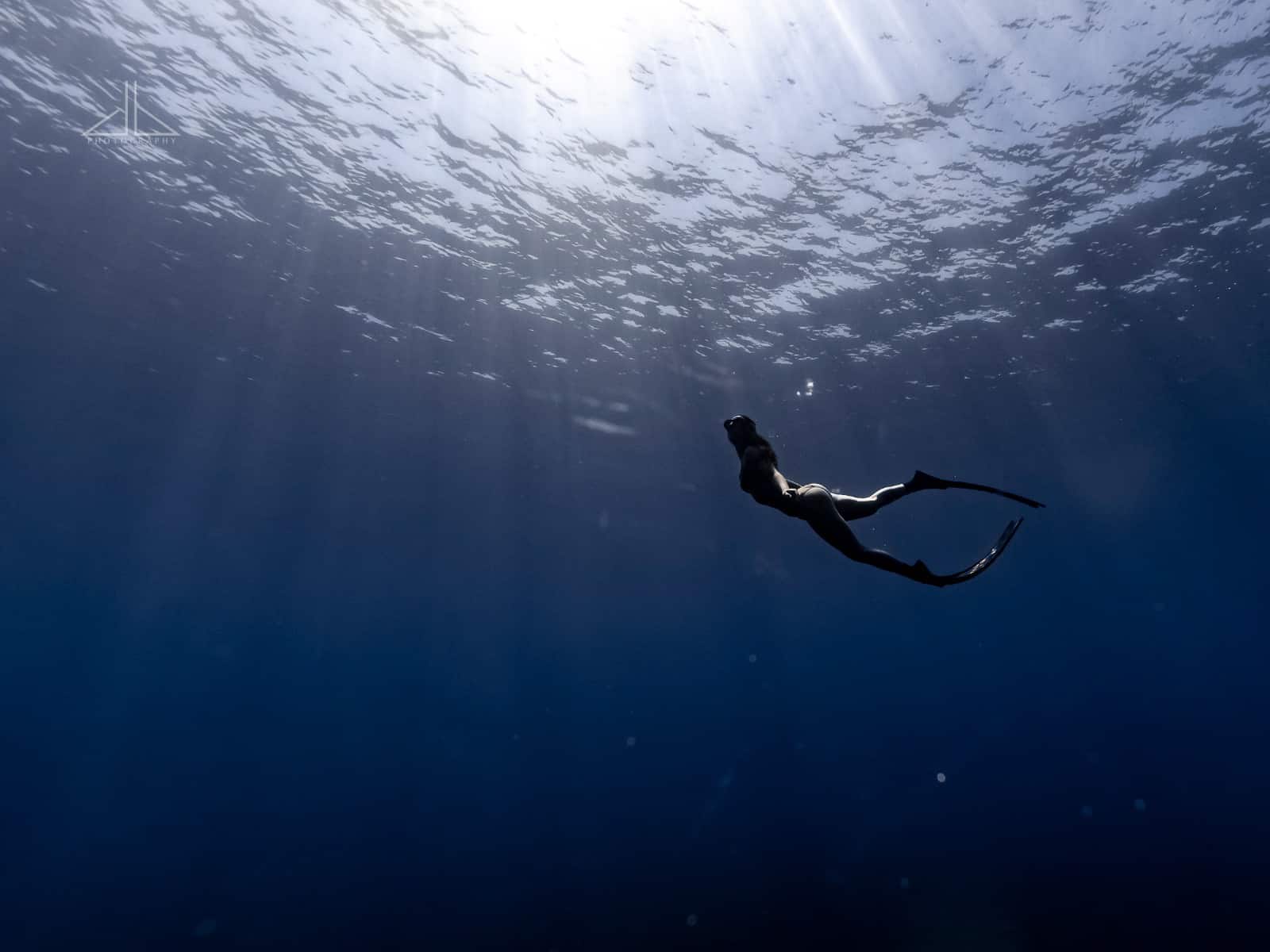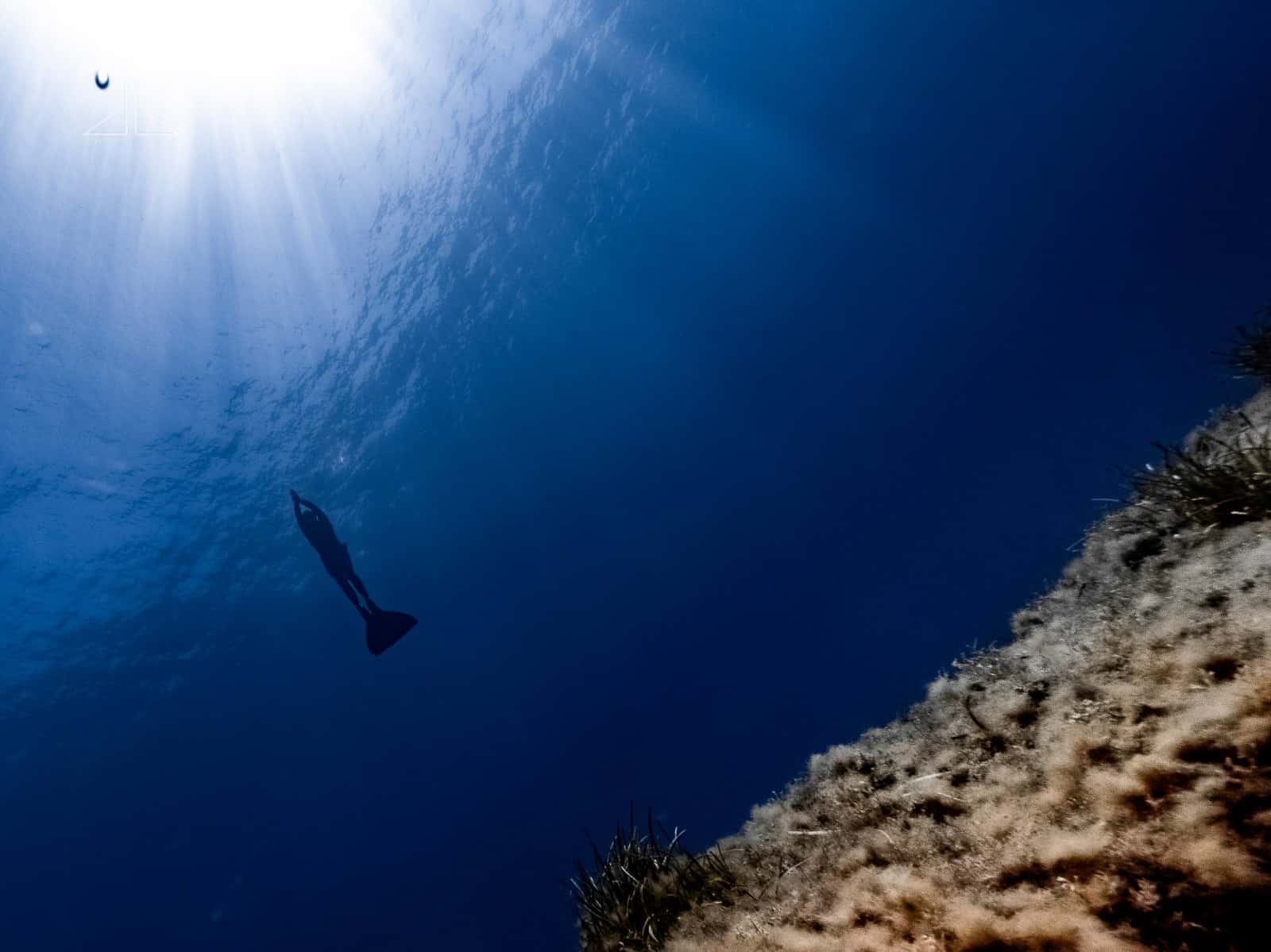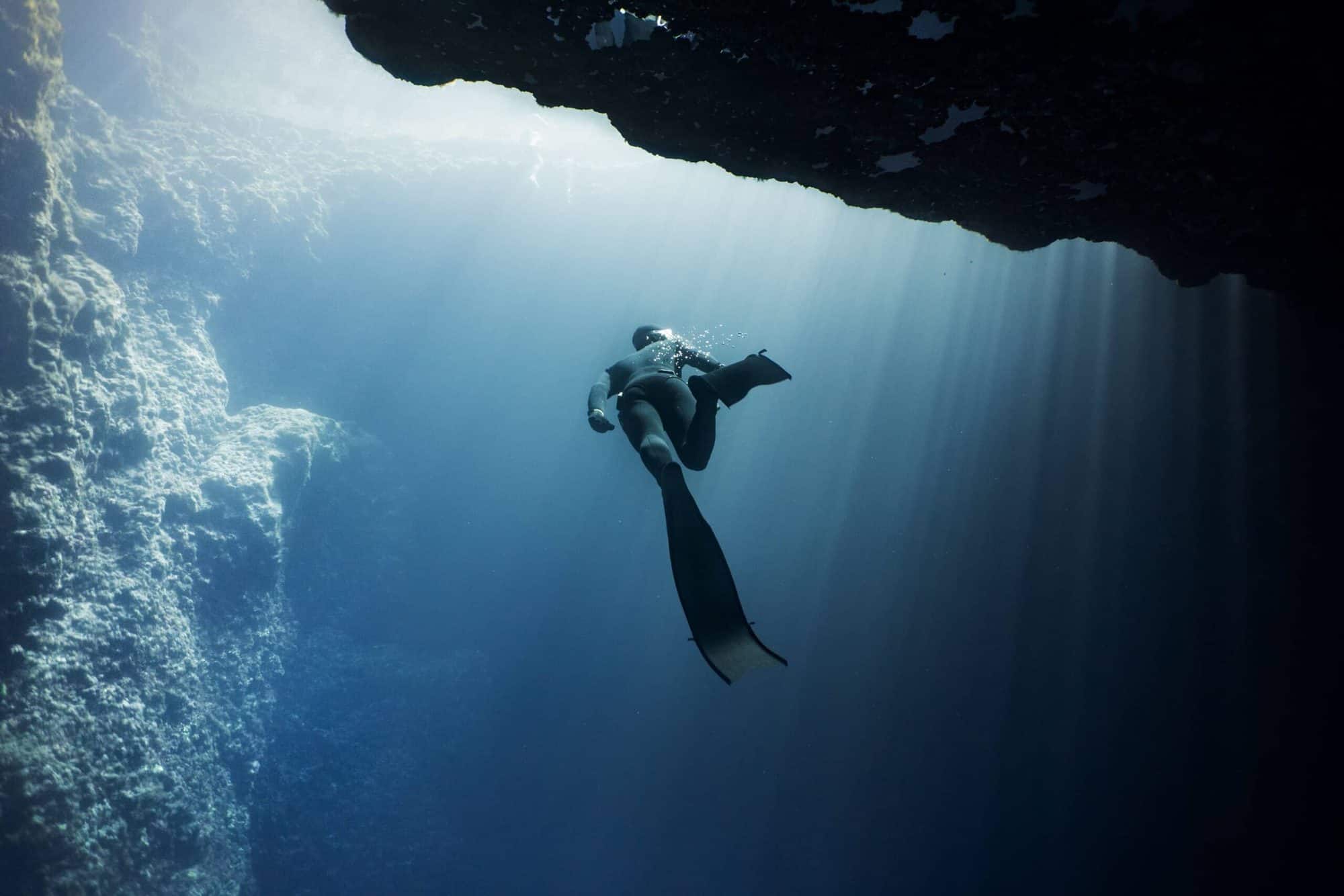Introduction
Humans have a reflex in common with dolphins, whales and other diving mammals called the Mammalian Dive Reflex (MDR); one of the triggers being facial immersion and breath holding. The Mammalian dive Reflex helps us extend our breath-hold time and shift blood into appropriate places to safe guard them from the increasing pressure with depth.
Bradycardia
Upon facial contact with water and breath holding, the human heart rate lowers to around 10-25% almost immediately, and up to 50% in trained individuals. The lowering of the heart rate causes the rate of oxygen entering the bloodstream to slow down which allows the body to conserve oxygen and for vital organs to use it more efficiently. The effects of bradycardia are enhanced when the temperature of water decreases. This allows humans to extend their time spent underwater in a safe and relaxed manner.
Peripheral Vasoconstriction and Blood Shift
These two phenomena’s go hand in hand. We’ll first take a look at Peripheral Vasoconstriction; upon immersion, blood vessels in the body’s peripheries/extremities (arms, legs, hands and feet) start to constrict causing reduced blood flow to the limbs, shifting the blood to the body’s core. This ensures that blood carrying oxygen is prioritised to vital organs such as the brain, heart and lungs as these are oxygen sensitive organs.
As a freediver continues to descend, the atmospheric pressure increases with depth; the lungs and the air inside them will start to compress according to Boyle’s law. To compensate for increased pressure and a reduction in the area of the lungs, blood shifts from the extremities to the thoracic cavity. Fluids cannot be compressed like tissue or bones, so the blood acts as ‘protection’ for the lungs. Thanks to the blood that fills up the empty space, the lungs will not collapse.
The Spleen Effect
After a number of dives, the spleen contracts and releases a large amount of blood which contain red blood cells. This blood is released into the circulatory system and allows more oxygen to be stored in the blood.
Conclusion
It makes you begin to think about the aquatic ape theory – a set of reflexes that are in our genetics, making breath holding a lot easier and safer. These reflexes are heightened when we dive often, hold our breath in water and expose are bodies to pressure at depth.
How can you activate the Dive Response?
For starters you can freedive! If you are feeling stressed, anxious or a little nervous about something simply wash your face with water and feel the difference. Remember, the greater difference in temperature that there is between the water and your face, the better! Enjoy.


